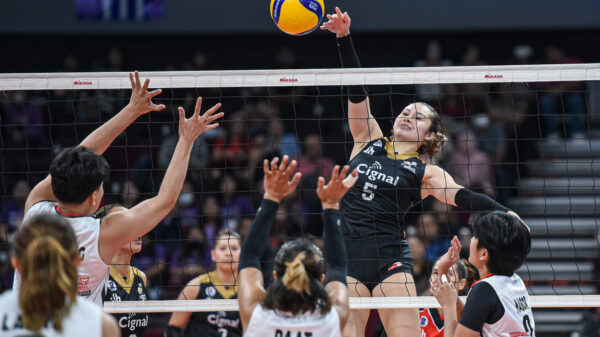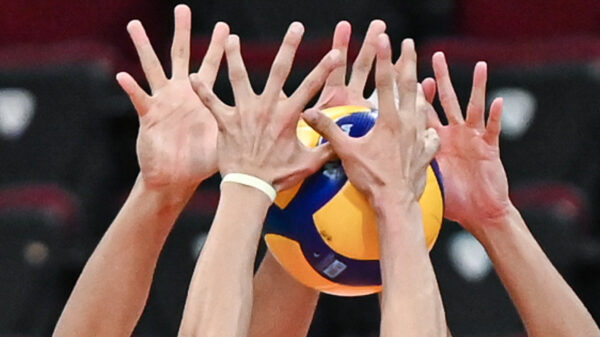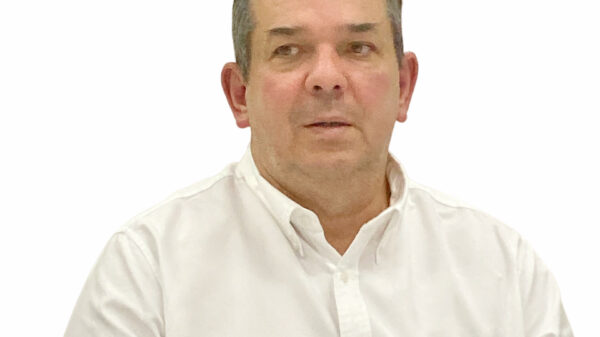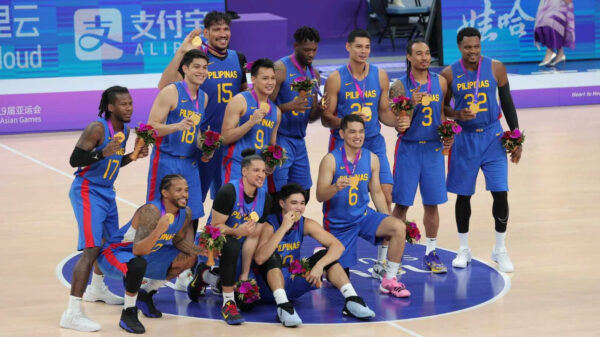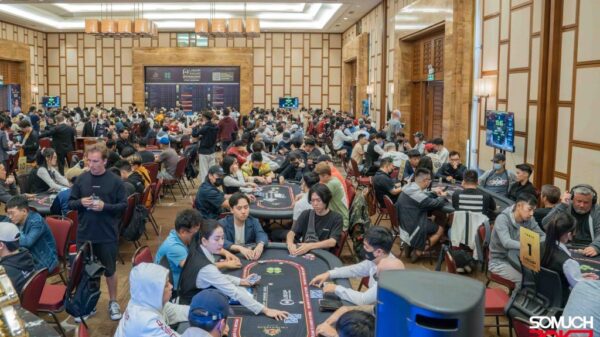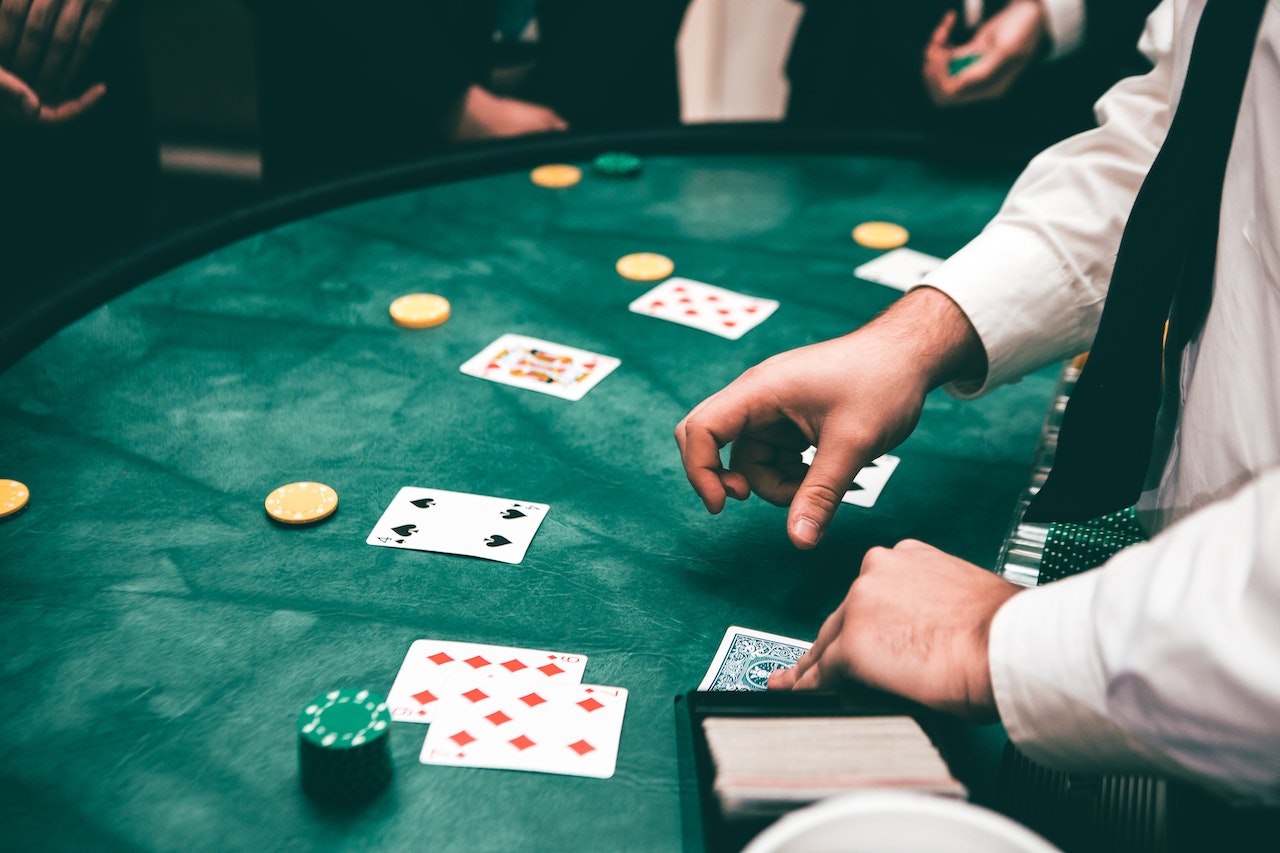Poker is known primarily for its adrenaline-filled action. But beyond the high-octane gaming tables lies an overlooked aspect of the poker community — its spirit of philanthropy and social responsibility.
Over the years, the community has been deeply involved in charitable activities, using its platform and wealth to make a difference.
Masters Poker Club, which recently opened a new branch located in Biñan, Laguna, explores how the poker community gives back to society, spotlighting numerous players, organizations, and initiatives leading the charge in the hopes of practicing the same advocacy to the local communities here in the country.
The Robin Hood of Poker
Barry Greenstein has had a distinguished career since his World Series of Poker debut in 1992. Accumulating over $8 million in live tournament earnings, he’s in the top 10 in all-time WSOP cashes. Beyond the WSOP, Greenstein is a formidable presence in the World Poker Tour. His most notable WPT achievement was winning the 2004 Jack Binion World Poker Open, propelling him into the top five for all-time WPT cashes. He’s primarily recognized as an offline player but has also ventured into online poker, participating on platforms like PokerStars and Full Tilt Poker.
However, Greenstein’s accomplishments extend far beyond the poker table. As a devoted father of six, his compassion for children is reflected in his philanthropic efforts. After triumphing at Larry Flynt’s $1-million Seven-Card Stud event in 2003, where he won $770,000, he gifted $440,000 to Children, Incorporated. Each of the charity’s employees — all 440 of them — received a $1,000 bonus as a result. Greenstein has also pledged all net winnings from his online tournaments to this charity. His philanthropic journey earned him the nickname “The Robin Hood of Poker.”
“At one of the first poker events I played in, I said I would donate my winnings,” he explained in a previous interview. “I ended up taking home $1.3 million in the event, and I’m a man of my word, so I donated the money. Now I think at times I’m even a little more motivated in games because I’m not just playing for myself; I am playing for others, and playing for maybe a higher cause gives me even more desire to win. It has been fun to help, for sure.”
Greenstein’s generosity has influenced others in the poker community. He has inspired PokerStars to contribute to Children, Incorporated during their Latin American Poker Tour stops. Greenstein’s career is a shining example of how professional poker players can leverage their success to benefit wider society, thereby showcasing the heart behind the high-stakes game.
Philanthropy and disaster response
Another example of philanthropy in the poker community is the “Big One for One Drop” tournament. Founded by Cirque du Soleil’s Guy Laliberté in 2012, it supports the One Drop Foundation, which focuses on providing sustainable access to safe water. As a highlight of the WSOP, this tournament has generated over $20 million in donations and significantly impacted global water initiatives.
Another noteworthy event in the poker community’s philanthropic landscape is the annual “Charity Series of Poker” (CSOP). This event partners with charities such as Habitat for Humanity and St. Jude’s Children’s Research Hospital to host fundraising tournaments.
In times of great need, the poker community has always responded swiftly. In the US, after Hurricane Katrina in 2005, poker rooms and online platforms organized special tournaments and fundraisers to support relief efforts. Similarly, during the height of the COVID-19 pandemic, the community hosted online charity tournaments and other events to raise funds for health workers and impacted communities.
Responsible gambling
The poker community is not only about giving in terms of money. It’s also about ensuring responsible gaming. Organizations like the National Council on Problem Gambling (NCPG) and GamCare promote responsible gaming, support people affected by problematic gambling, and implement preventive measures.
The poker community’s dedication to philanthropy is a testament to the potential for any group of individuals to make a difference. Whether through personal contributions, charitable tournaments, disaster response, or promoting sportsmanship, this community’s commitment to giving back is an important part of its identity. It’s a powerful reminder that the sport of poker, at its core, is not just about the cards on the table but the people around it and their ability to effect positive change in the world.



